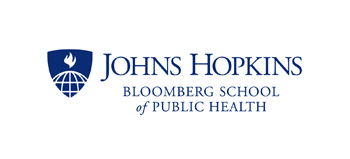Autism Prevalence Today: Projections of Autistic Adults in the Future
Johns Hopkins Bloomberg School of Public HealthThe Johns Hopkins Bloomberg School of Public Health is hosting a symposium, Why Counts Count: Today’s Autism Numbers, Tomorrow’s Projections, on Monday, June 4, to discuss prevalence trends and needs with autism researchers, service providers and policy experts.
